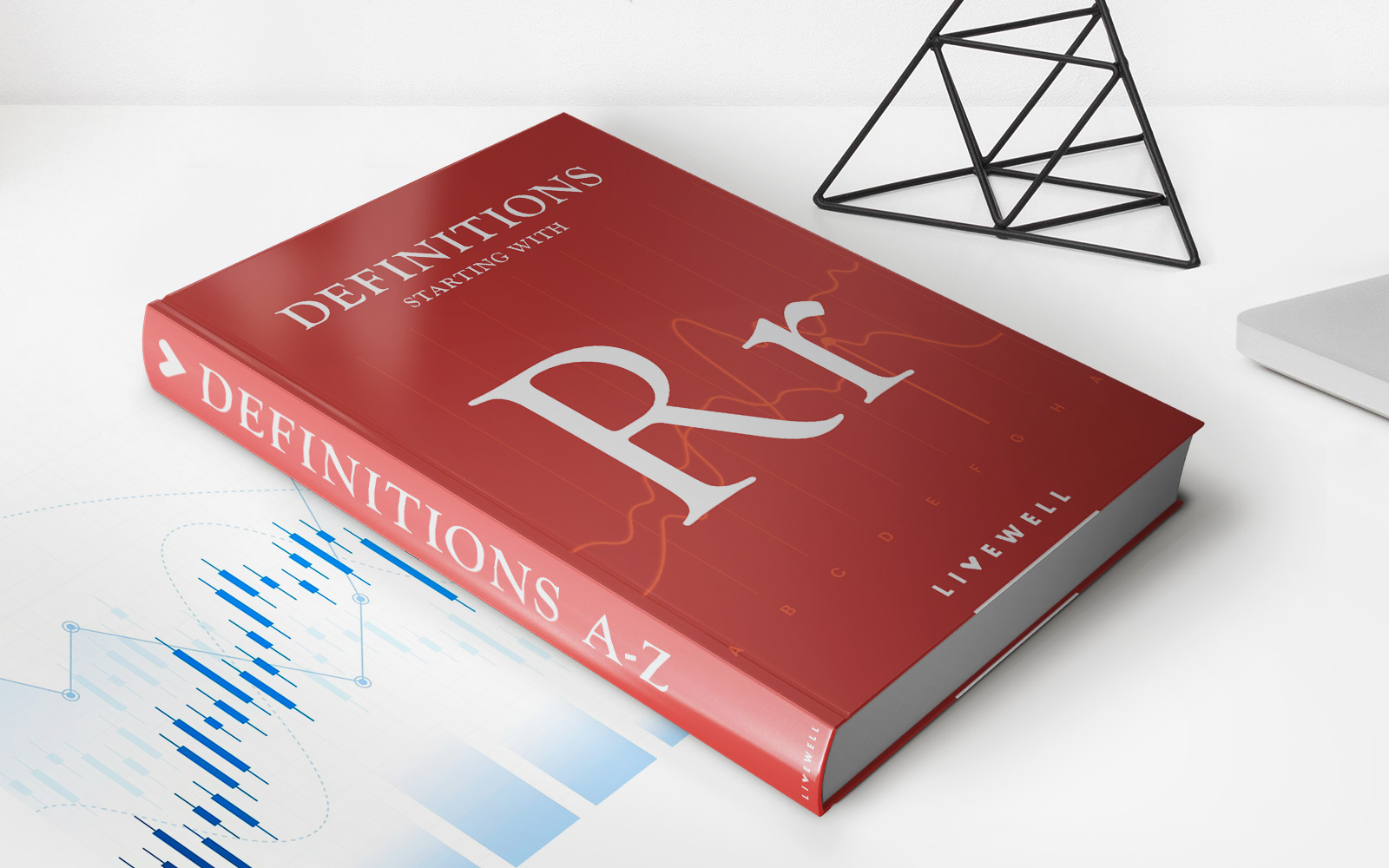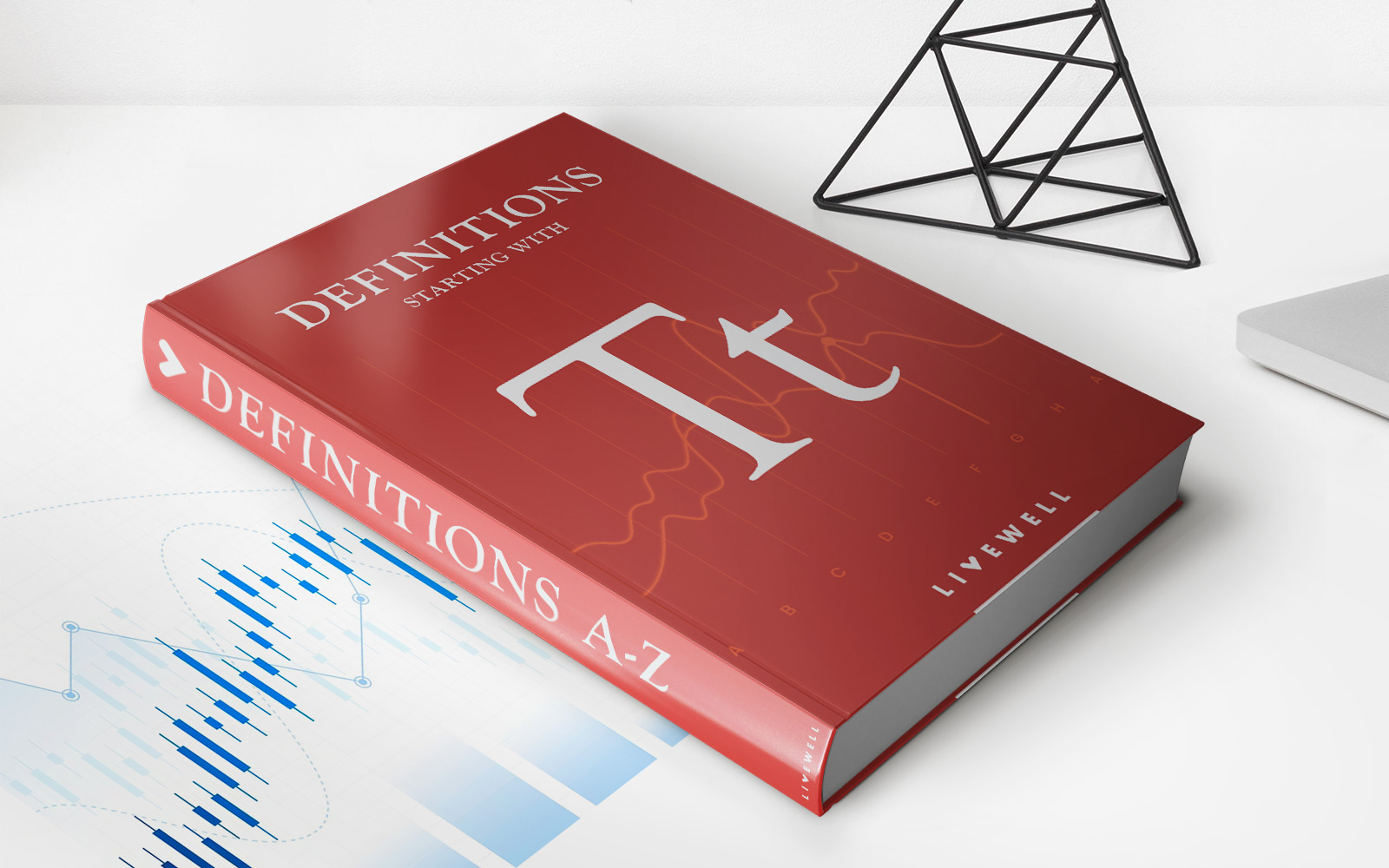

Finance
Embargo: Definition, Examples, And Effects
Published: November 17, 2023
Discover the meaning and impact of embargoes in the world of finance. Explore real-life examples and understand the effects on global trade and economic stability.
(Many of the links in this article redirect to a specific reviewed product. Your purchase of these products through affiliate links helps to generate commission for LiveWell, at no extra cost. Learn more)
Understanding Embargo: Definition, Examples, and Effects
Gaining a thorough understanding of financial matters is essential for anyone looking to make informed decisions in today’s complex world. The category “FINANCE” on our page serves as a valuable resource, providing valuable insights into various financial topics. In this blog post, we will delve into the concept of an embargo. What exactly is an embargo? How does it work? And what are its effects? Let’s find out!
Key Takeaways:
- An embargo is a government-imposed restriction on trade or other economic activities with a specific country or region.
- Embargoes can be used for political, economic, or military purposes and aim to exert pressure or influence on the target country.
First, let’s take a closer look at what an embargo means. Essentially, an embargo is a government-imposed restriction on trade or other economic activities with a specific country or region. It can be seen as a form of economic sanction, utilized by governments to express disapproval or exert influence over the target country’s actions or policies. Embargoes can be imposed for a variety of reasons, including political, economic, or military motivations.
In real-world scenarios, embargoes have been witnessed across history, making a significant impact on geopolitics. For example, the United States has imposed embargoes on countries like Cuba and Iran as part of its foreign policy agenda. These embargoes have restricted trade, financial transactions, and travel between the countries involved.
The effects of an embargo can be far-reaching and multifaceted. Let’s take a closer look at some of the most notable effects:
1. Economic Impact:
Embargoes can have a severe impact on the economies of both the imposing and targeted countries. Trade restrictions can disrupt supply chains, affect businesses, and lead to reduced economic growth. In addition, an embargo can result in the loss of jobs, market instability, and increased prices for goods and services.
2. Political and Diplomatic Consequences:
Embargoes often have political repercussions, straining relationships between countries and potentially leading to diplomatic tensions. The targeted country may feel isolated and respond with countermeasures, further escalating the situation. The impact can extend beyond the economic sphere, affecting peace negotiations, international collaborations, and overall global security.
While embargoes can be a powerful tool in international relations, they also come with their fair share of controversies and debates. Critics argue that embargoes primarily harm the civilian population rather than the intended targets, leading to unintended humanitarian consequences.
In conclusion, an embargo is a government-imposed restriction on trade or economic activities. It serves as a means of leveraging economic pressure to achieve political or diplomatic objectives. By understanding the definition, examples, and effects of embargoes, we can gain a deeper insight into the complexities of international finance and geopolitics.
If you found this article informative, be sure to explore our “FINANCE” category for more expert insights into various financial topics.














